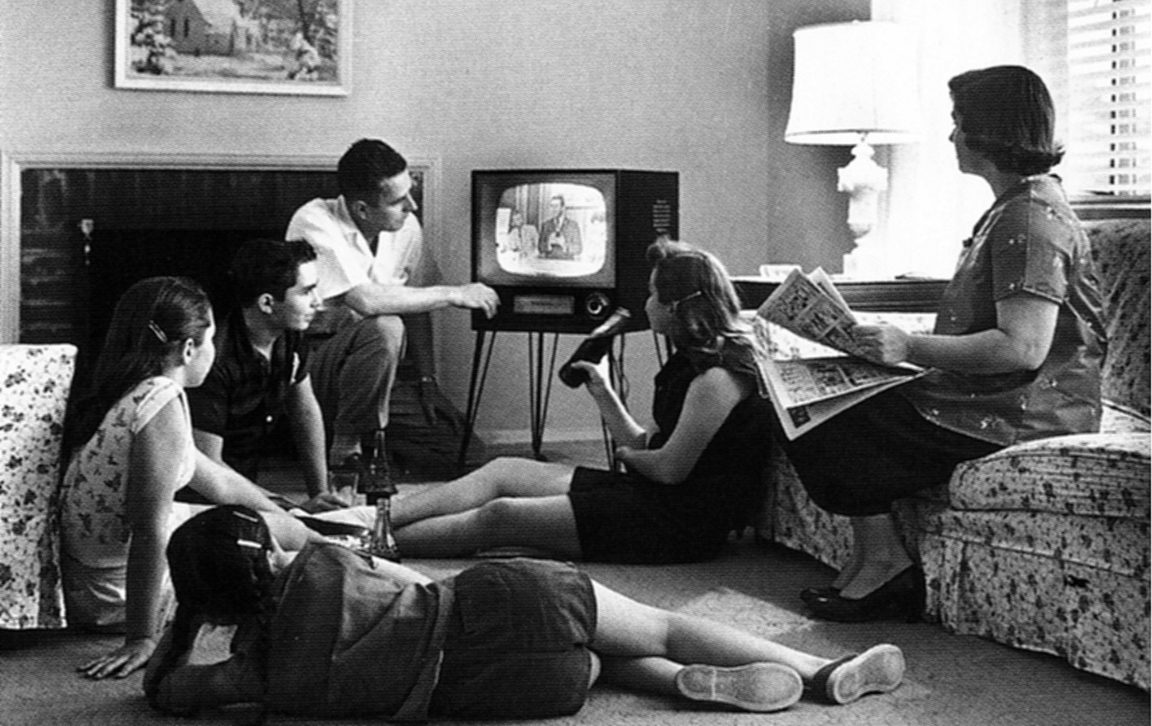Neither Here nor There
by Carol S. Hyman

The month of March can feel like a kind of limbo. In Florida, where I was recently, it still gets cold enough to pull the sweaters out and kick the heat on, but the trees are sporting leaves and flowers are rewarding gardeners by showing their colors. In Vermont, where I will be soon, travelers alternate between thanking snow and mud for providing the road hazards on any given day, and ardent gardeners nurture seedlings under lights indoors. We know that winter is mostly behind us and spring and summer are ahead, but where are we now?
Last month I wrote about my mother feeling depressed when she didn’t have something specific to look forward to; I don’t think she’s alone. Whether we think of it that way or not, for many of us, our sense of there being a destination ahead gives meaning to our lives. Whether the goal is a college degree, a suitable spouse, a cozy (or impressive) house, a new car, or just plans for the weekend; looking forward to something provides purpose.
There’s nothing wrong with that. In fact, although mining the past for the lessons it offers is a smart move, looking to the future is smarter. It aligns us with time’s arrow, which is inexorably forward (notwithstanding the fact that we’ve tinkered with time in the name of efficiency, and it’s hard to say whether springing forward or falling back confuses our bodies more).
We’ve also been given an anatomical clue to the inherent order of things: with our eyes in the front of our head, forward is our natural direction. With eyes open, we see what’s in front of us. But often our next goal, like spring, is just around the corner, which means it could very well be out of sight. That’s when we need to keep our minds open too, in order to avoid having preconceptions and expectations color our perceptions so thoroughly that we can’t tell whether we’re here or there.
If we let go of expectations, we’re able to pay attention to the details of each moment. Stephen Hawking knew this. He said, “When one’s expectations are reduced to zero, one really appreciates everything one does have.” He knew that from experience because, sorely hindered as his body was, his mind was his greatest asset and it never stopped exploring. He died recently, and his wisdom has been popping up even more than usual all over the web, a tool that he saw as a potentially positive evolutionary step for humanity: “We are all now connected by the Internet, like neurons in a giant brain.”
Much as we might like to be connected to his giant brain, we probably won’t experience that directly. However, we can benefit from hints he offered about how to make the most of what we do have: “Remember to look up at the stars and not down at your feet. Try to make sense of what you see and wonder about what makes the universe exist. Be curious. And however difficult life may seem, there is always something you can do and succeed at. It matters that you don’t just give up.”
For a man in a wheelchair, it may not have been an issue, but most of us had better make one slight change in his excellent advice: if we never look down at our feet, we’re liable to trip over things. Remembering to look up at the stars helps give us a vast perspective, but it takes mindfulness to notice where our attention is so we can find a balance between the vastness of the heavens and the penetrating practicalities we face on this earth.
When we find that balance, we make a great discovery: what can seem like a kind of limbo, the everyday experience of putting one foot in front of the other as we march into the next moment—whether we have an immediate goal or not—is actually the space of nowness in which we can orient ourselves fully in the present moment.
In that way it becomes clear when the time is right to put away sweaters and transfer tiny plants into the great outdoors. And when we round the next corner, now will still be here, time marching on.





3 thoughts on “Marching Along”
Interesting and well constructed article coming in a timely month of March hiatus. What will the New Year bring? How is Earth Dog taking shape? So many things popping up, but seems mostly weeds, extended winter in the east, political nightmares, scandals and inequalities except for aging which has a steady beat. Here is what our Portland Aging Group mentioned as concerns a few years ago. Fear of isolation and loneliness; not being treated kindly; being neglected, not enough money for good place to live; concern that needs are met, getting sick, dealing with loss and anger, not being able to help others, not being touched anymore, not having choices about diet, sleep and daily activities, loss of contact with nature, losing windhorse, sinking down, and not being able to fight off depression; I wonder if it is any different now with time marching on. Or is it just the month of March? Camilias so vivid, leaves unfolding on branches under a brazen sky, is this the year?
Hi Carol, thank you for this. It is good to remember and celebrate Mr. Hawking. An inspiration indeed. Appreciated: “It aligns us with time’s arrow, which is inexorably forward.”
Your neighbor in mud season. M.
Dearest Carol,
I am reminded of how beautifully you write as I read “Great Expectations” and am so saddened to hear about Patton’s passing. This may not be the right place to post personal feelings but I am ever so grateful to both you and Patton for how you have helped in the transformation of who I am today. Much love and strength to you and Sarah and Andrew. May the heavens (wherever they may be) enjoy his beautiful music ? now that he is theirs.
Martha